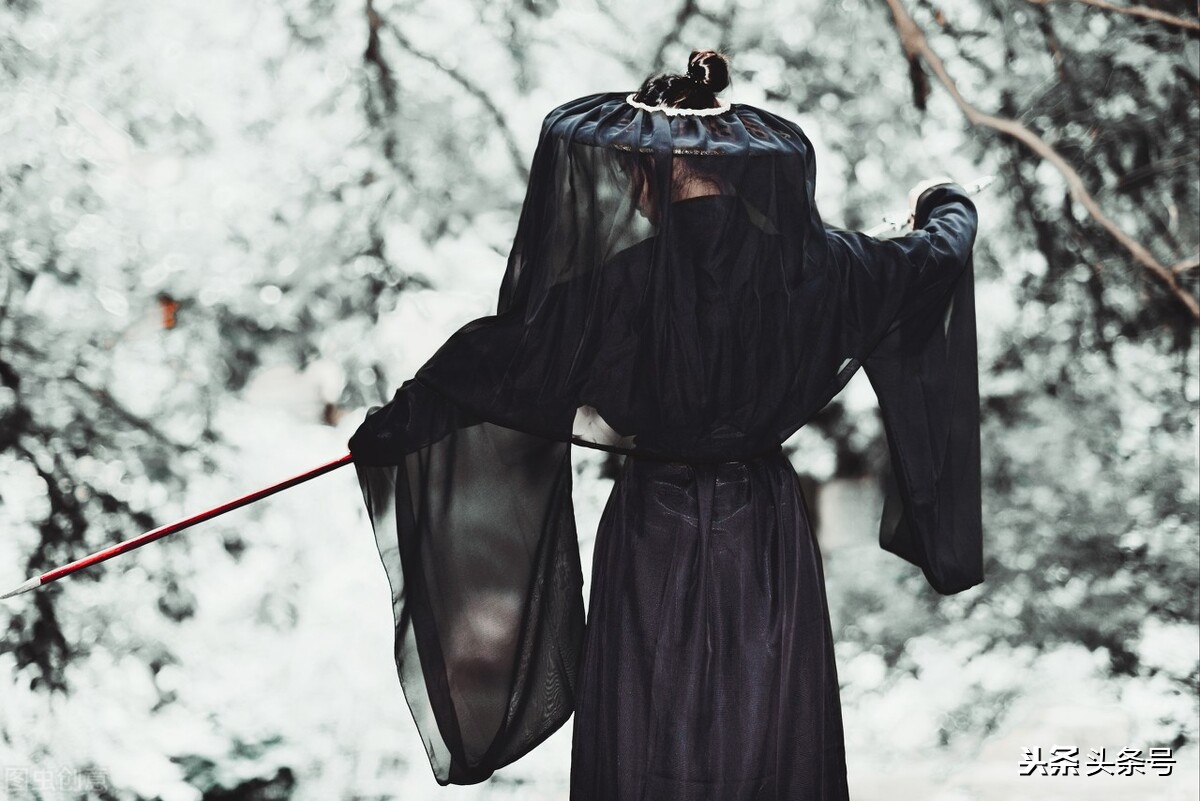Continuation of the previous period.
The Tang Dynasty was the most open era of China's feudal society and culture, and at the same time, the entire feudal bureaucratic mechanism was also in an ascending stage. This led to great tolerance of the Tang Dynasty ranger and ranger culture, but compared with the heroes of the early Han Dynasty, the tang dynasty heroes obviously lost the function of the grass-roots order maintainers, and added the romantic atmosphere that belonged to the magnificent era.
These rangers are also found in many Tang poems, and Li Bai wrote in "Chivalrous Travels":
Zhao Keman Hu Miao, Wu Hook Frost Xueming.
The silver saddle shines on the white horse, fluttering like a shooting star.
Ten steps to kill a person, a thousand miles do not stay.
The thing whisked away, hiding deep with the name.
These poems reflect the Tang people's indulgent and unrestrained, vigorous and courageous cultural mentality from the side.

On the other hand, the fate of the chivalrous guest also began to be tied to the state. Although the border troubles of the Tang Dynasty were not as serious as those of the Han Dynasty, they still existed. The Ranger walks to the side plug, seeking to make a contribution. During this period, there were also a large number of side poems that sang ranger teenagers galloping on the battlefield and going to the difficult to make achievements.
Wang Wei once wrote in "Four Songs of The Youth Line":
Xinfeng Meijiu Dou ten thousand, Xianyang Ranger how many years.
Meet the spirit of the king to drink, tie the horse high-rise weeping willow edge.
Born in Shihan Yu Lin Lang, he first rode with Yuyang.
He who knows not to suffer from the side court, let him die like a chivalrous bone.
One body can wrestle two eagle arcs, and the rider rides a thousand weights only like nothing.
Sitting on the golden saddle to adjust the white feather, they shot wu shan yu one after another.
The Han family's monarchs and courtiers feasted at the end, and discussed the merits of the Yuntai controversy.
Tianzi Linxuan gave Hou Yin, and the general pei out of the Mingguang Palace.
"Who knows not to suffer from the side court, and let death smell the bones of heroes" writes the patriotic feelings of the young rangers who have made meritorious achievements, served the country, and are not afraid of death.
At this time, the chivalrous guests have a little more romantic atmosphere in the poet's pen, and the chivalrous guests also interpret the spirit of the rangers with their own practical actions.
Let's talk about the development of chivalry after the Song Dynasty. In order to prevent the division of feudal towns since the late Tang Dynasty, the Song Dynasty adopted a policy of emphasizing literature over military force. The status of military generals has become very low, and the Chinese nation's traditional martial style has also been destroyed.
At the same time, Confucianism was revived, and science became the official philosophy. All this has made the foothold of chivalrous and chivalrous culture shrink sharply, and the traditional chivalrous and chivalrous culture has gradually begun to decline.
However, because the contradictions between the Song Dynasty and the surrounding ethnic minorities intensified more intensely than those in the Tang Dynasty, the relationship between the chivalrous and the state was closer, and Confucianism and chivalrous culture influenced each other and complemented each other.
"The great hero is for the country and the people", this sentence in Jin Yong's novel highlights that chivalry and chivalrous culture are influenced by confucian orthodox culture of "self-cultivation, family unity, governance of the country, and peace in the world".
Since then, both chivalry and chivalrous development have followed this basic tone. Although there are also chivalrous people in the city, people's impression of chivalry has been bound to saving the country and saving the people, and has become a chivalrous culture that nourishes every Chinese.
So, let's go back to the title, who exactly can be called a hero? Chivalrous guests are not only those "rangers" who carry swords to the end of the world, fight unevenly, and are happy to take revenge, but also heroes who silently pay for the people.
At the beginning of the epidemic, the health care workers who went against the crowd were heroes
On the frontier of the motherland, the officers and soldiers who dedicate their youth and even their lives to the security of the motherland's territory are also heroes
In ordinary posts, everyone who completes the work in the industry is a hero.
We can all be heroes.